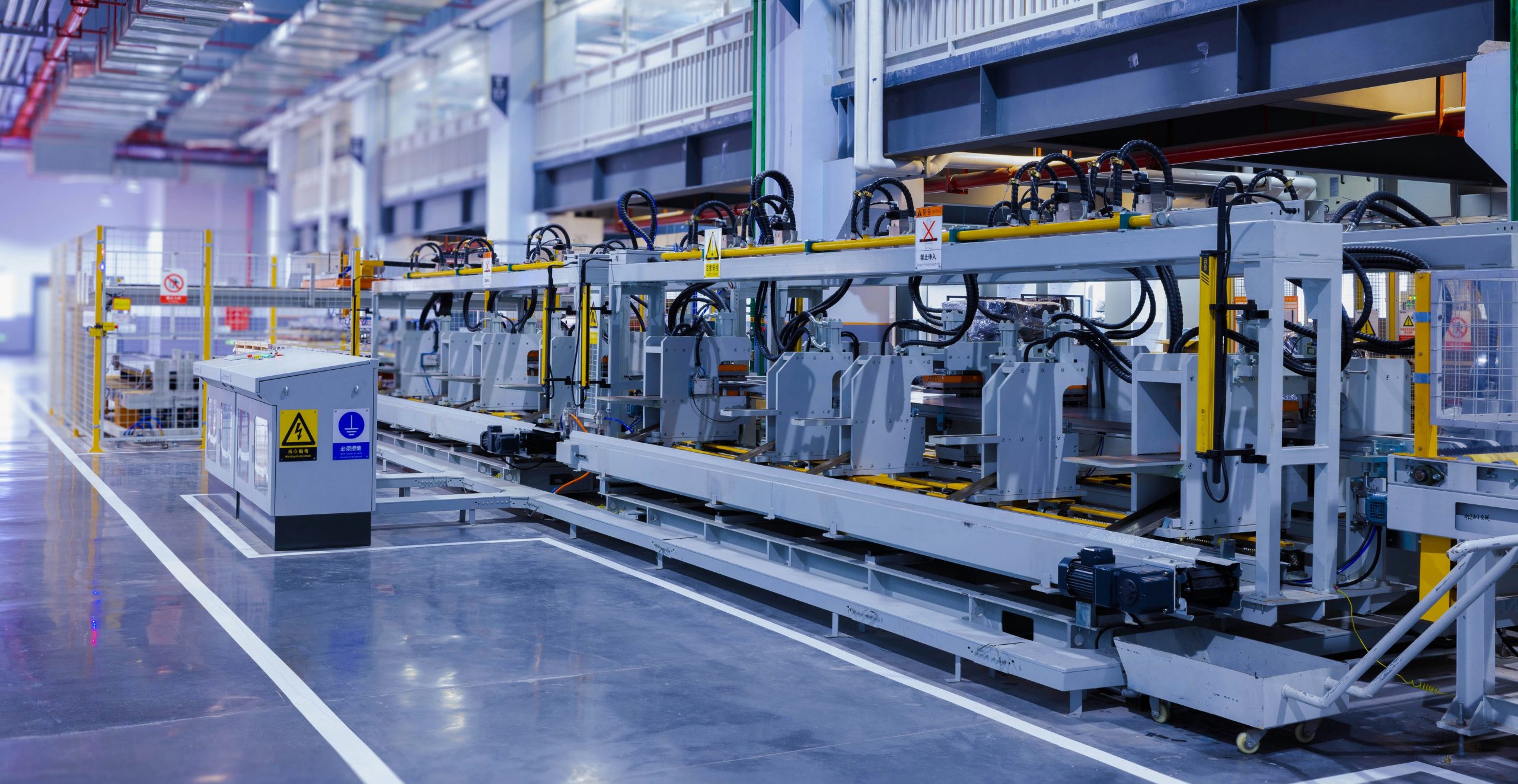Lean manufacturing is a systematic approach aimed at minimising waste while maximising productivity. Originating from the Toyota Production System (TPS) in the mid-20th century, lean principles have since spread across industries worldwide, beyond just the manufacturing industry. Implementing lean manufacturing may require significant changes to how a company operates, but the benefits are substantial. Whether you are in manufacturing, healthcare, or even service-based industries, lean principles can help streamline operations.
The core idea of lean manufacturing is to deliver maximum value to the customer by using fewer resources and reducing wasteful practices that do not add value to the business or customer. We’ll explore what this form of manufacturing is, its key principles, the types of waste it seeks to eliminate, and the benefits it offers.

Key principles of lean manufacturing
At the heart of lean manufacturing are five core principles, designed to improve efficiency and eliminate waste:
- Identify value
The first principle focuses on understanding what the customer values in a product or service. By identifying and concentrating on these value-adding features, businesses can streamline their processes to ensure the end product aligns with customer expectations. - Map the value stream
Once the value has been defined, the next step is to map out the entire production process. This “value stream” includes everything from raw materials and production steps to delivery. By mapping the process, businesses can identify which activities contribute value and which are wasteful. - Create a consistent flow
After identifying waste, businesses should ensure that production flows smoothly from one step to another without interruptions or bottlenecks. - Establish pull
Rather than producing in anticipation of demand, lean manufacturing follows a “pull” system, where production is based on actual customer demand. This reduces overproduction and excess inventory, further cutting waste as there won’t be an unnecessary amount of product being made. - Perfecting processes
Lean manufacturing encourages a culture of continuous improvement (also known as Kaizen). Employees at all levels are encouraged to find better ways to work, refine processes, and improve quality, aiming for perfection over time.
Types of waste in lean manufacturing
There are seven types of waste that lean manufacturing seeks to minimise. By targeting these areas of waste, lean manufacturing helps businesses operate more efficiently, reduce costs, and ultimately increase customer satisfaction.
- Overproduction: Producing more than what’s needed before it’s needed
- Inventory: Holding excessive stock that does not immediately add value
- Defects: Reworking or scrapping products due to quality issues or mistakes
- Motion: Unnecessary movements by people, such as walking between workstations
- Transportation: Moving materials unnecessarily between locations
- Waiting: Idle time when workers or machinery are waiting for the next step in production
- Overprocessing: Performing unnecessary steps that do not add value to the final product or process

Benefits of lean manufacturing
- Improved efficiency: By focusing on value-adding activities and reducing waste, lean manufacturing enables businesses to improve their efficiency. This includes using streamlined processes that result in faster production times and smoother workflows.
- Cost savings: Reducing waste directly leads to cost savings. Lean manufacturing minimises unnecessary expenses such as excess inventory, defects, and overtime, which can significantly lower operational costs.
- Increased customer satisfaction: Since lean manufacturing is customer-focused, the result is often higher quality products that meet or exceed customer expectations. This focus on quality and value leads to better customer satisfaction and loyalty as they will trust your services and products.
- Enhanced employee morale: Lean manufacturing fosters a culture of continuous improvement and employee involvement. Workers are encouraged to contribute ideas for improving processes, which can increase job satisfaction and ownership.
